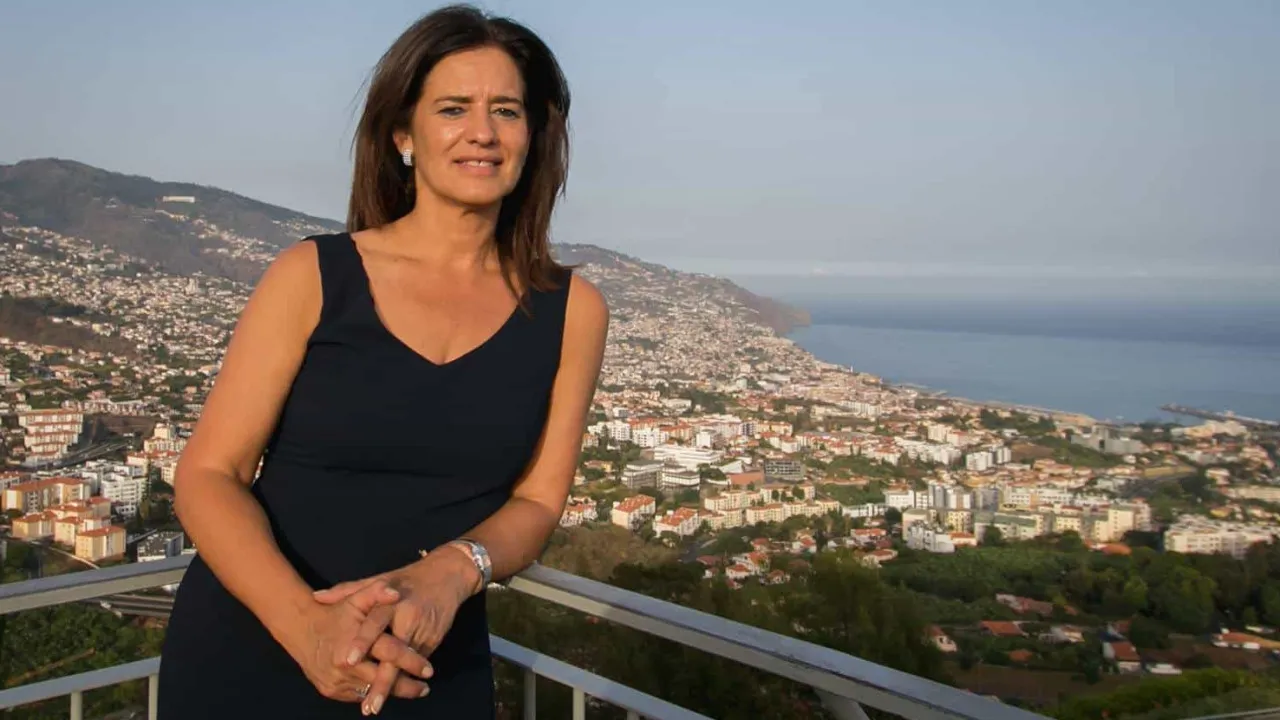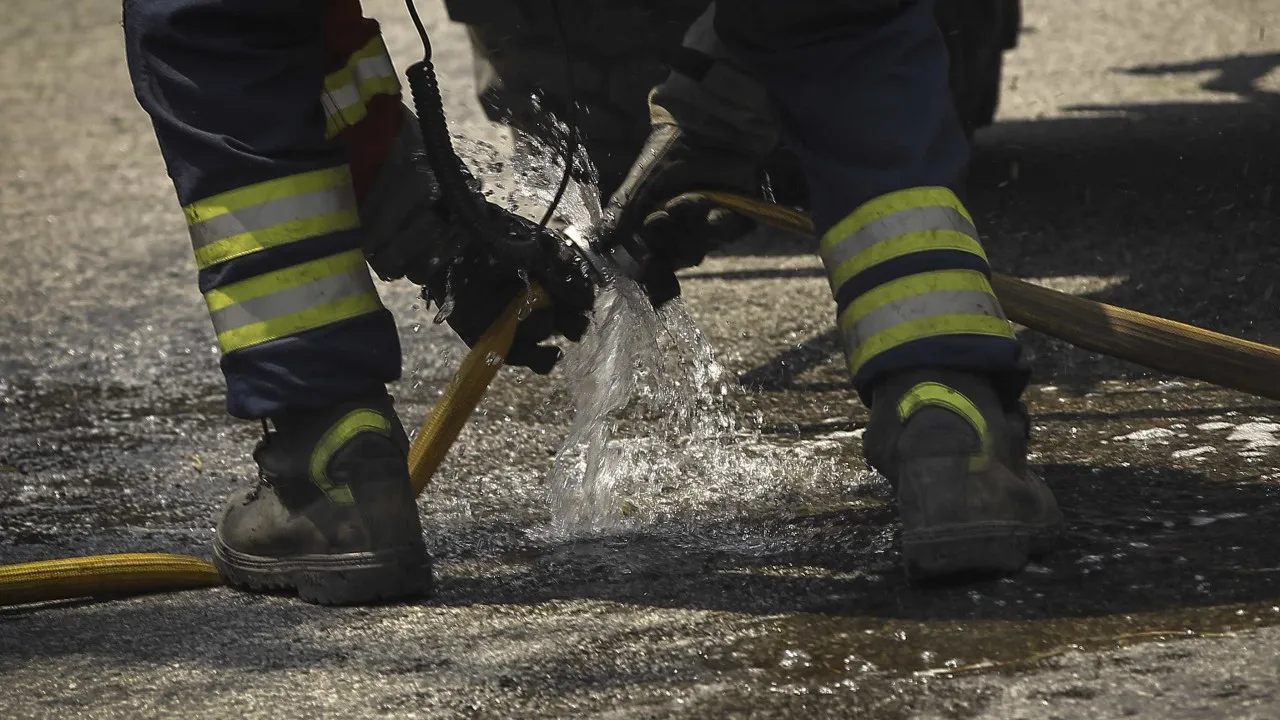
In a significant development for the Madeira Legislative Assembly, Rubina Leal, nominated by the Social Democratic Party (PSD), was elected as its president. The election saw 39 votes in favor and eight blank ballots from the 47 deputies comprising the Madeiran parliament. The decision was made through a secret ballot during the initial plenary session of the XV Legislature, following the regional elections held on March 23.
The PSD emerged victorious in the election, securing 23 seats, just one short of an absolute majority. As a result, they formed a parliamentary and governmental agreement with the CDS-PP, which secured one seat in the Assembly, to ensure a ruling majority. The parliament includes other parties such as JPP with 11 deputies, assuming the role of the main opposition, PS with eight seats, Chega with three, and IL with one.
“The parliamentary composition from March 23 allows us a framework of stability and security as we begin a new legislative period,” commented Rubina Leal. She emphasized her commitment to being “the president of all ladies and gentlemen deputies, without exception.”
Rubina Leal succeeds José Manuel Rodrigues of the CDS-PP. Rodrigues had led the regional parliament since 2019 through coalition agreements between CDS-PP and PSD, the latter governing the region continuously since 1976. Leal’s appointment marks her as the first woman to preside over the Legislative Assembly of Madeira, succeeding past presidents including Emanuel Rodrigues, Nélio Mendonça, José Miguel Mendonça, Tranquada Gomes, and José Manuel Rodrigues.
In the same plenary session, two of the three vice-presidents were also elected. José Prada, proposed by the PSD, received 35 votes in favor, eight against, and four blank, while Rafael Nunes from JPP, the largest opposition party, garnered 45 votes in favor, one against, and one blank. The election for the third vice-president, another PSD nominee, is scheduled for April 23; Rafaela Fernandes, the current regional secretary for Agriculture, Fisheries, and Environment, will remain in her role until the new executive is sworn in on Tuesday.
Rubina Leal expressed her intention to lead the chamber with “the greatest impartiality and neutrality,” stressing her commitment to respecting the “individuality” of each deputy and the “idiosyncrasies” of parliamentary groups.
“Autonomy is about breaking barriers, overcoming obstacles, tearing down walls, promoting equality, enhancing inclusion and social justice,” Leal stated, highlighting that the parliament “is the house of free speech.” She reinforced that “a democratic parliament does not accept words that injure, insult, or discriminate.”
Leal’s election received applause from all parliamentary groups, and she noted the importance of the roles played by both government and opposition in a democracy, asserting that “governance improves with effective scrutiny from opposition parties.”
Additionally, the plenary elected Clara Tiago (PSD) as the secretary of the assembly table, with Cláudia Gomes (PSD), Patrícia Spínola (JPP), and Marta Freitas (PS) serving as vice-secretaries. The combined vote resulted in 45 votes in favor, one against, and one blank.
In his farewell address, outgoing parliament president José Manuel Rodrigues emphasized the importance of “raising the flag of autonomy,” warning that “centralism seems to be returning to the corridors of the Republic and even the European Union” due to various circumstances.
“We must strengthen our fight for autonomy and the principles of subsidiarity, cohesion, and decentralization,” Rodrigues stated. He called for a political pact to enable a constitutional review, which would expand the powers and competencies of regions, provide a new political-administrative statute, introduce a new financial law enhancing national solidarity, establish a unique tax system, and ensure the Republic addresses the costs of insularity and ultraperiphery.
Set to assume the role of regional secretary for the economy under Social Democrat Miguel Albuquerque’s leadership, Rodrigues reiterated that the Legislative Assembly is the “bastion of autonomy and the greatest symbol of political emancipation for island inhabitants and Madeiran diaspora.”
The March 23 regional elections were the third in Madeira over approximately 18 months. The elections witnessed 14 lists competing in a single constituency, including CDU (PCP/PEV), PSD, Livre, JPP, Nova Direita, PAN, Força Madeira (PTP/MPT/RIR), PS, IL, PPM, BE, Chega, ADN, and CDS-PP.
These elections followed a no-confidence motion motioned by Chega, citing judicial investigations involving members of the Regional Government, including Miguel Albuquerque. This led to the dissolution of the Legislative Assembly by the President of the Republic.




